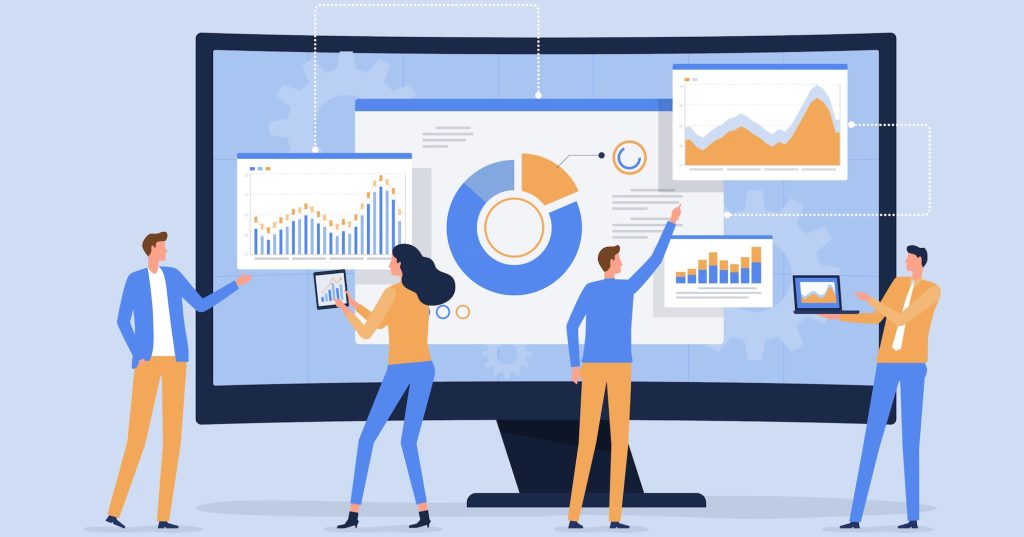Sharing scientific literature with colleagues and building on the work of others is essential for advancing research. Just as essential is navigating the reuse rights associated with this content to protect the original creators’ efforts and uphold the integrity of the scientific community.
One way to use copyrighted content is by using Creative Commons (CC) licenses. Creative Commons (which is not affiliated with CCC) developed licenses that provide authors with several copyright frameworks under which they can grant permission for others to reuse their works, effectively answering the question “What can I do with this work?” for those who wish to reuse it.
What Are Creative Commons Licenses?
CC licenses are standardized, legally enforceable copyright licenses that allow creators to allow others to use their works in a variety of ways (like copying, distribution, adaptation, etc.) under a specific set of conditions.
Creative Commons explains its licenses on its website, detailing the conditions for use in a variety of cases. The six CC licenses (CC BY, CC BY-SA, CC BY-NC, CC BY-NC-SA, CC BY-ND, and CC BY-NC-ND) include one or more of these elements:
- Attribution (BY): Users must give credit to the creator.
- ShareAlike (SA): Derivative works must be licensed under the same terms as the original work.
- NonCommercial (NC): Use of the work is allowed only for non-commercial purposes. If your use could be interpreted as commercial, seek explicit permission or choose a work with a more permissive license.
- NoDerivatives (ND): The work can only be redistributed in its original form and not altered in any way. Even minor changes (e.g., translating text, cropping an image) are not allowed for redistribution. The work can only be used in its original form.
These licenses range from the very permissive (CC BY) to the highly restrictive (CC BY-NC-ND). In addition to these licenses, Creative Commons also developed the CC0 public domain dedication. This means that the creator agrees that others can distribute, remix, adapt, and build upon CC0 works without limitations.
Respecting Rights Builds Trust and Drives Innovation
Copyright compliance strengthens research and innovation in the following ways:
Clear rights, greater respect for creators. CC licenses spell out exactly which rights are granted, and which are retained. By honoring these terms, data scientists show respect for the intellectual property and work of other researchers and authors, encouraging continued contributions to scientific research and the sharing of outcomes.
Legal certainty and community trust. Respecting license terms not only protects you and your organization legally but fosters trust within the scientific community. When copyright is respected, including for open access content, it signals professionalism and integrity. This trust is essential for building enduring collaborations.
Encouraging further sharing. When creators know their rights will be respected, they’re more likely to contribute high-quality research under open licenses. A copyright-compliant culture creates a positive feedback loop, increasing the overall quality and quantity of open materials.
The Hidden Costs of Ignoring Copyright in Open Access Content
Despite the temptation to treat all open access content the same, disregarding copyright and specific licensing terms can result in potentially serious consequences, including:
Legal and reputational exposure. Misinterpreting or ignoring license restrictions, such as those on commercial use or derivative works, can lead to legal action as well as reputational risks for data scientists and their institutions.
Undermining the open access movement. When copyright and license requirements are disregarded, creators may become reluctant to share their work openly. This erodes the foundation of the open science movement and could eventually have a negative impact on access to knowledge.
Complexities with multi-licensed data. Combining content with incompatible licenses can inadvertently violate copyright, complicating further sharing or publication. Careful license review can help reduce future compliance headaches.
Best Practices for Strong Copyright Compliance
- Always Read and Respect Licenses—Open access does not always mean the work is free to use in any way you wish. Different licenses come with conditions that need to be honored.
- Attribute Diligently—Properly crediting authors is often a legal requirement and a professional courtesy.
- Don’t Assume, Confirm—Especially when using multiple sources, confirm license compatibility before combining or modifying content.
- Lead by Example—When you share your own work, license it clearly and expect the same respect from others.
Copyright isn’t a barrier, it’s the foundation that allows knowledge to be shared, reused, and credited in a fair, ethical, and sustainable way. CC licenses harness copyright to streamline collaboration while preserving creator rights. As the open science movement grows, a culture of copyright compliance ensures that researchers remain motivated to share their best work, knowing their efforts will be respected and properly recognized.
Drive Business Forward with the Annual Copyright License
Looking for more ways to use copyrighted content apart from CC licenses? A copyright compliance strategy that informs and meets the needs of employees across the enterprise sets an organization up for higher efficiency, improved collaboration, and a minimized risk of copyright infringement, ultimately helping to fuel innovation and new discoveries.
Click here to contact us about additional content management and licensing solutions for your organization.
Check out our calendar of upcoming copyright education sessions.

